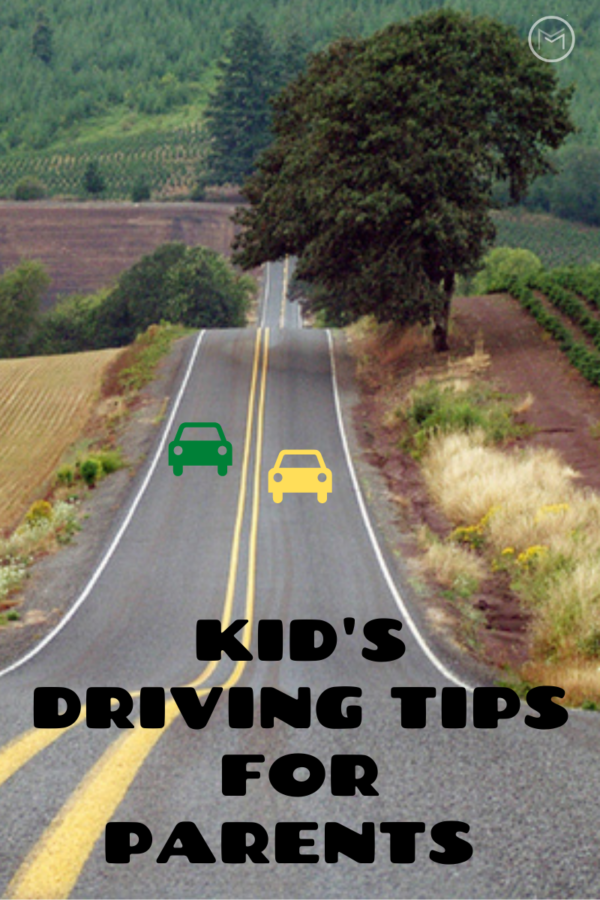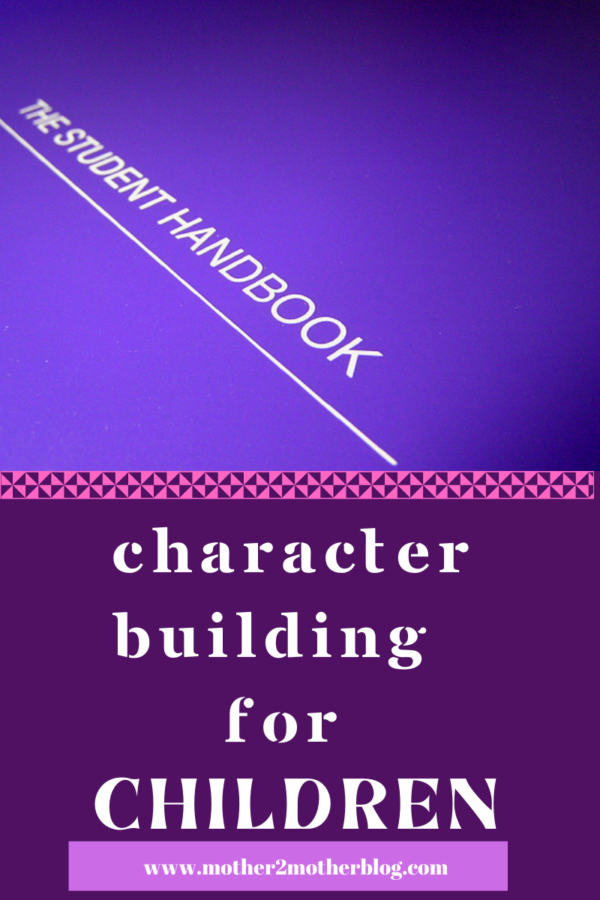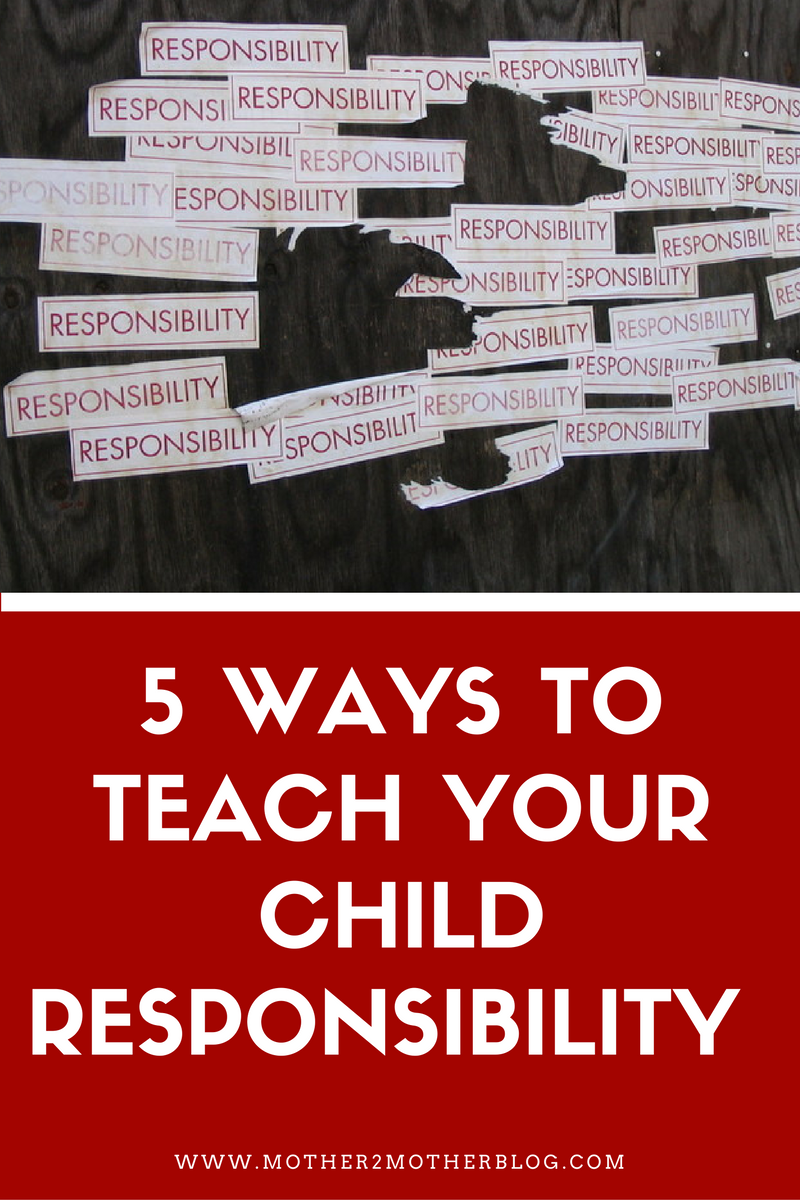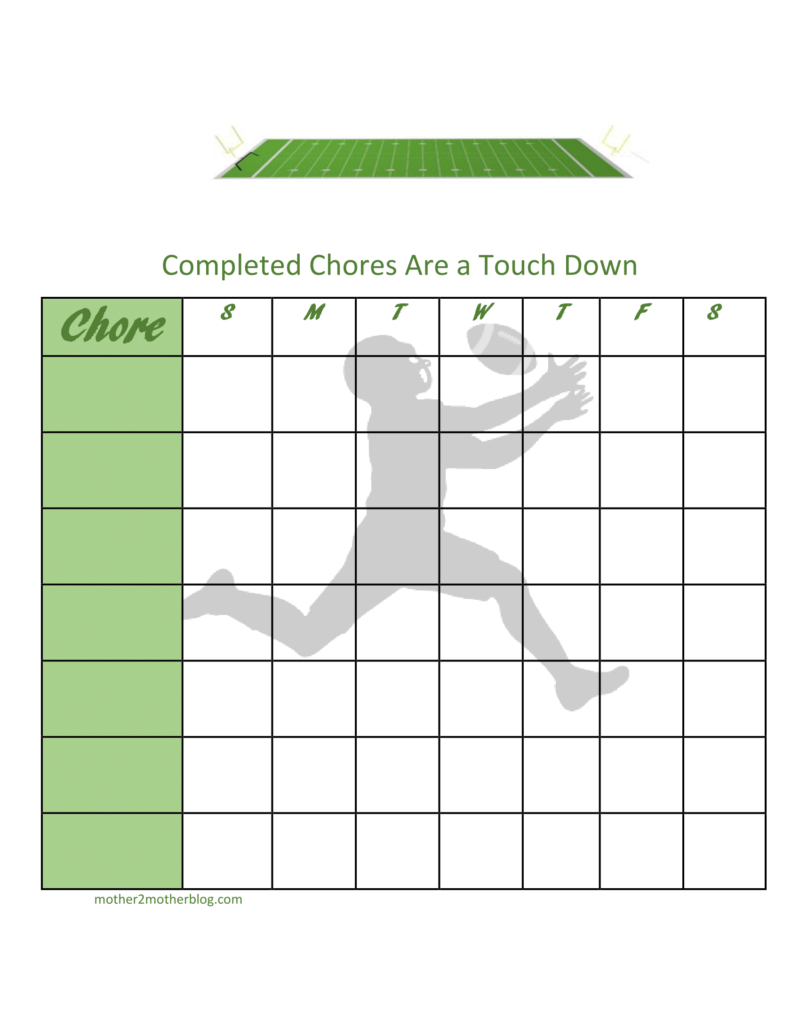Today’s your lucky day. I’m sharing parenting tips on motivating children. Do your kids need a bit more motivation in their lives? These days, it can be hard for school age kids to stay focused on academics and household chores. If there were tips that helped kids try harder in school, you’d want to know all about them, right?
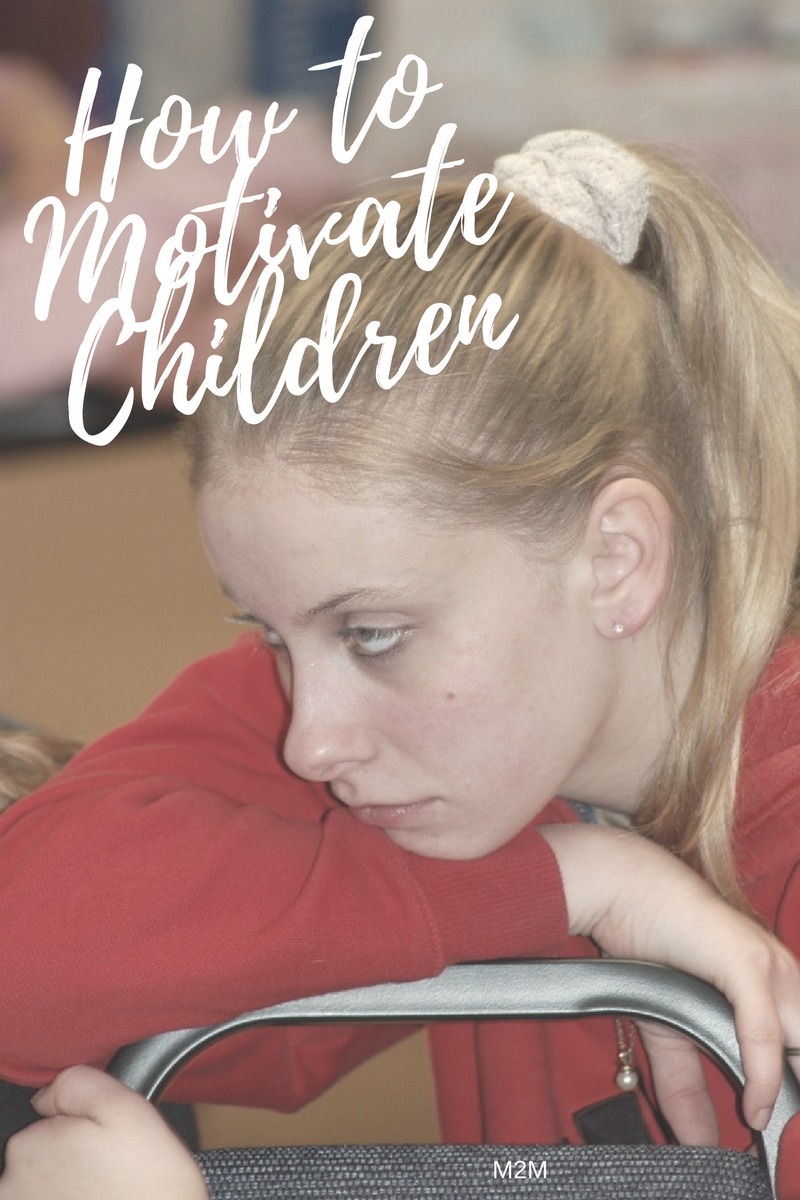
A few tricks that worked for other parents
Every mom and dad wants their child to thrive. However, kids experience phases when they simply don’t feel motivated. Trouble is kids don’t always ask for help in such times. Fortunately, we’re going to tell you about some proven methods that are sure to help your kid feel more like themselves. Don’t expect a miracle, but do enjoy the results.
Kids who become frustrated easily may be especially reluctant to tell their parents what’s going on. Start a friendly conversation with your child, and be quiet when they speak. Listening is an important tool in your parental strategy. All kids want to know that they are being heard. Let your kid know that they can talk to you about anything at any time. Doing so may help your kid have a more positive outlook on life in general, says Tutor Doctor.
Little changes and small successes
Creating a pleasant homework space where your kid doesn’t feel pressured may help them focus and enjoy schoolwork more. Spruce up a cozy space and fill it with reference books. Furthermore, decorate the walls with posters of their favorite music groups. Stock the desk with plenty of office supplies. Homework can be fun if your kid doesn’t feel pressured.
Don’t overdo it to the point of insincerity, but be sure to praise your kid often. Celebrating small successes like a B grade on an important test can help an unmotivated kid realize their past accomplishments. It may also motivate them to even more important successes. Praise often to encourage more of the same.
Optimism and artwork
If you approach life with optimism and forge ahead despite setbacks and disappointments, your kid may take a similar positive approach. Encourage your kids to persist in the face of absurdity. Encourage them to laugh every time you can. Allow your child to fail gracefully. Doing so may help them move through life in a more balanced and happier way, say parenting pros at the Child Development Institute.
Encourage art in your kid’s life. Permit them to download a free coloring book app and watch their mood improve exponentially. Kids who engage in artistic and musical endeavors tend to fare better and may use their “blue mood” to create beautiful works of art.

Give Them a Challenge
Sometimes, kids get into a funk because they don’t feel challenged enough. They believe any school project given to them is easy. Unfortunately, this means they will look for distractions once they have finished the work, which can impact behavior and affect others. The result is a total lack of motivation to do anything school-related. Especially, if they are being reprimanded for their behavior.
You can help them overcome this behavior by working with their teachers or coaches to give them a challenge. If they have shown an aptitude for more advanced material, introduce your kids to it. You can use a word finder activity if they seem capable of cracking word puzzles. Kids who have a passion for advanced Math can tackle more complicated formulas ahead of their grade. Even if the initial activities are too challenging, you can adjust the difficulty until you find something suitable.

Everyone feels down in the dumps now and then. But, with your encouragement and our tips on motivating children, your kids may adjust and cope with life’s little disappointments. If a “funk” lasts for more than a few days, consult your pediatrician or family doctor.


